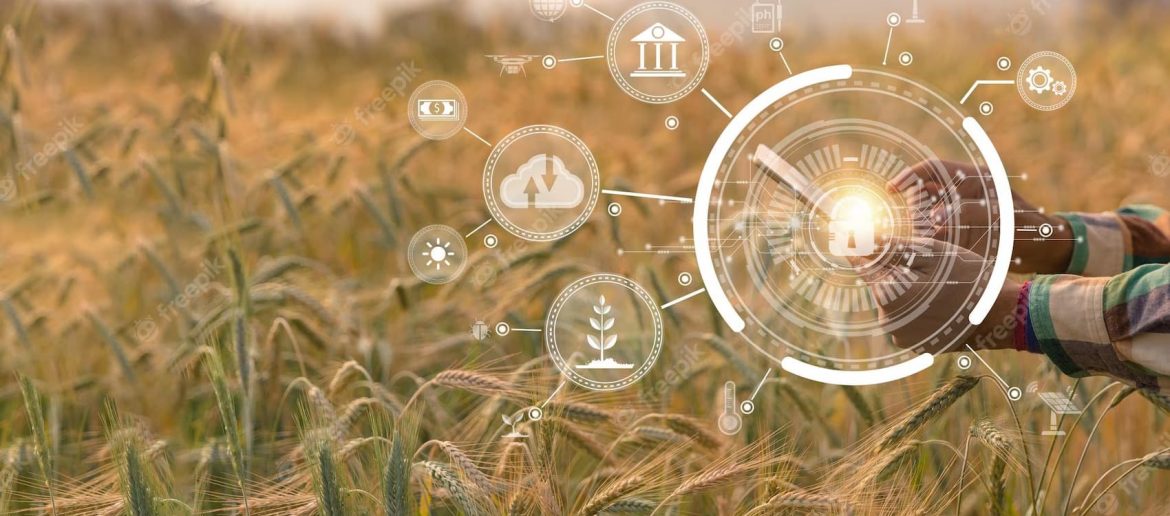In recent years, the agricultural landscape has witnessed a paradigm shift with the advent of “smart farming.” This innovative approach leverages cutting-edge technology to enhance agricultural practices, streamline https://techarp.co.uk operations, and maximize efficiency. In this comprehensive article, we delve into the concept of smart farming, exploring how technology is transforming traditional agriculture and paving the way for a more sustainable and productive future.
Understanding the Essence of Smart Farming
Smart farming is more than just a buzzword; it encapsulates a holistic approach that integrates advanced technologies to optimize various aspects of agriculture. From precision farming and data-driven decision-making to automation and connectivity, the core aim is to make farming more intelligent, efficient, and sustainable.
Precision Agriculture: Navigating the Fields with Accuracy
Precision agriculture is a cornerstone of smart farming, employing technologies like GPS, sensors, and drones to precisely manage resources. Farmers can optimize the use of water, fertilizers, and pesticides, leading to increased crop yields and reduced environmental impact. The integration of precision agriculture empowers farmers to make data-driven decisions, ensuring every inch of the field is utilized efficiently.
IoT in Agriculture: Connecting Farms for Optimal Performance
The Internet of Things (IoT) has permeated every sector, and agriculture is no exception. Smart sensors and devices are deployed across farms, creating a connected ecosystem. This connectivity facilitates real-time monitoring of soil conditions, crop health, and machinery performance. With this data at their fingertips, farmers can respond promptly to changes, mitigating risks and maximizing productivity.
Automation and Robotics: Redefining Farm Labor
Smart farming introduces automation and robotics to alleviate the burden on traditional farm labor. Autonomous tractors, robotic harvesters, and drone-assisted planting are revolutionizing the way tasks are carried out on the field. This not only addresses labor shortages but also enhances precision and efficiency in various farming operations.
Big Data Analytics: Cultivating Insights for Informed Decisions
The abundance of data generated in smart farming is harnessed through big data analytics. Farmers can analyze historical trends, weather patterns, and market demands to make informed decisions. Predictive analytics also play a crucial role, enabling farmers to anticipate challenges and optimize strategies for crop management, resource allocation, and market positioning.
Climate-smart Agriculture: Adapting to Environmental Changes
Climate change poses significant challenges to agriculture, impacting weather patterns, water availability, and crop yields. Smart farming embraces climate-smart practices by utilizing technology to adapt to changing environmental conditions. This includes the implementation of resilient crop varieties, precision irrigation systems, and real-time weather monitoring to optimize farming practices under dynamic climatic scenarios.
Blockchain in Agriculture: Ensuring Transparency and Traceability
Blockchain technology is making inroads into agriculture, providing a transparent and traceable supply chain. From the farm to the consumer, every stage of the agricultural process can be recorded on the blockchain. This not only enhances accountability but also ensures the authenticity of agricultural products, addressing concerns related to food safety and traceability.
Challenges and Opportunities in Smart Farming
While smart farming holds immense potential, it is not without its challenges. The initial investment costs, data security concerns, and the need for farmer education are hurdles that need to be overcome. However, the opportunities for increased productivity, resource efficiency, and sustainability far outweigh the challenges, making smart farming a promising avenue for the future of agriculture.
Case Studies: Real-world Applications of Smart Farming
Delving into real-world applications, this section explores case studies of successful smart farming implementations. From large-scale agribusinesses to smallholder farmers, these examples illustrate how technology has transformed their operations, leading to improved yields, reduced costs, and enhanced sustainability.
The Future of Agriculture: Smart Farming as a Catalyst
Smart farming is not just a technological trend but a transformative force that is reshaping the future of agriculture. As technology continues to evolve, smart farming will play a pivotal role in addressing the challenges of a growing global population, ensuring food security, and fostering sustainability in agriculture. Embracing this concept is not just an option but a necessity for farmers looking to thrive in an increasingly complex and interconnected world.
